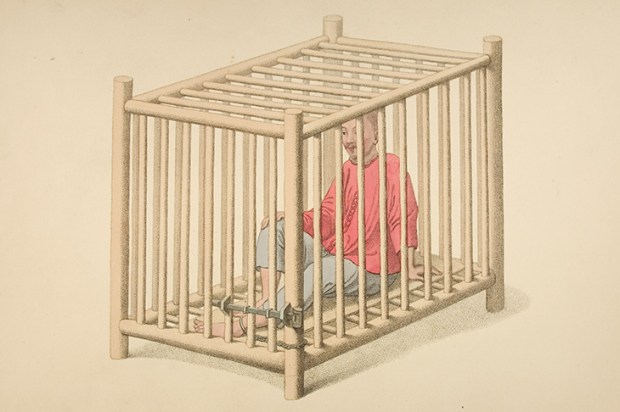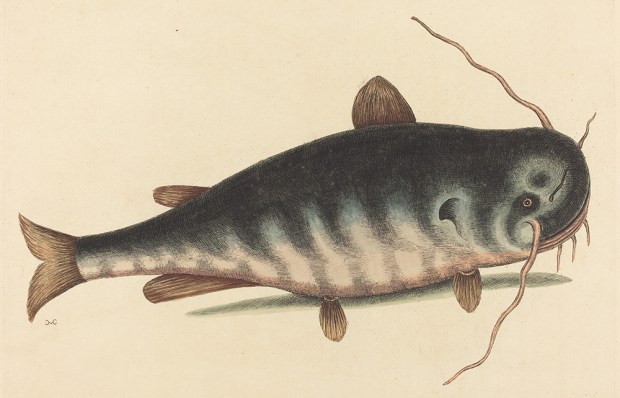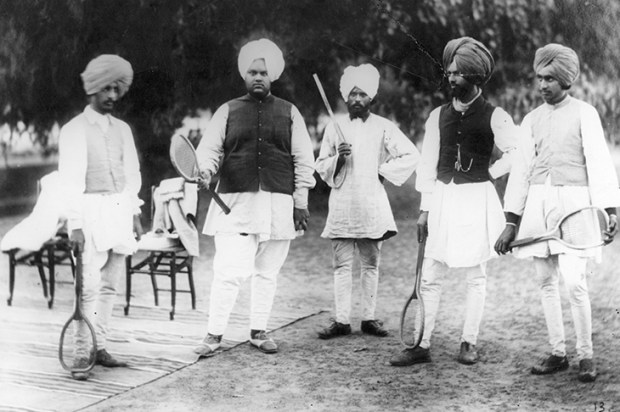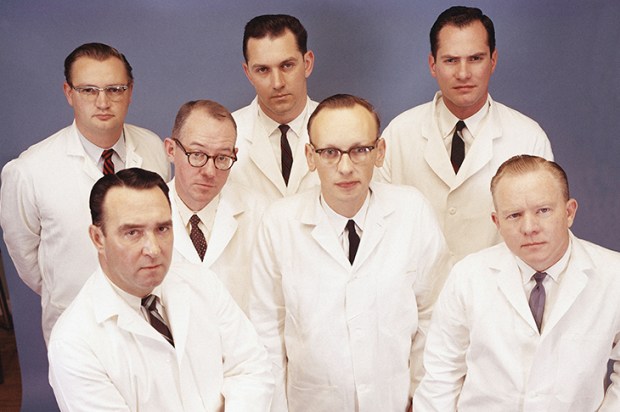It’s easy to picture the situation: a politician who has been an outspoken supporter of China (insisting their government is entirely benign and all that military hardware is just for show) – is discovered to have been on the Chinese payroll. So, what do we say? ‘The jig is up!’ But where does that come from? And what is a jig? (Is it a gadget I can buy from Temu?) We’ve been saying ‘the jig is up’ since 1800. (Although there’s a variation – ‘the jig is over’– even earlier, from 1777.) A ‘jig’ here is a game, in the sense of being a trick or a cheat. But before it was this sort of game, a ‘jig’ was a dance. I suppose the shift came from the notion that the trickster, or cheater, was ‘dancing’ around his victim. The dancing sort of ‘jig’ takes us back to around 1560. We’d like to imagine it starting as an Irish word, but no –it’s French. The French source word meant ‘to leap and frolic about’ – and it, in turn, seems to come from an Old French name for a kind of stringed instrument (a rustic fiddle). Clearly this played the music for the folk to ‘jig’ to –and, yes, it was adopted by the Irish (but only from the 1680s). So the sort of ‘jig’ that can be up, started as one type of fiddle and ended as an entirely different sort of ‘fiddle’!
Got something to add? Join the discussion and comment below.
Contact Kel at ozwords.com.au
You might disagree with half of it, but you’ll enjoy reading all of it. Try your first month for free, then just $2 a week for the remainder of your first year.













